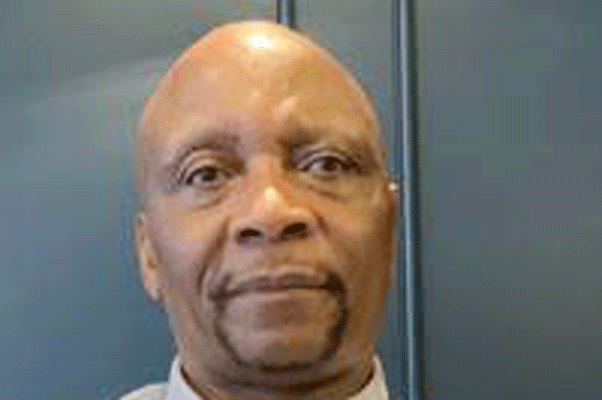
BY FIDELITY MHLANGA
The Safari Operators Association of Zimbabwe has said resuscitating domestic tourism in the wake of the Covid-19 pandemic will not be a stroll in the park as the economy has been heavily battered by the lockdown measures to contain the spread of the novel coronavirus.
Chairperson of the association, Emmanuel Fundira, said the economy was subdued and there was little in terms of consumer spending to talk about.
“There is little in terms of discretionary income. Zimbabweans are going through a proverbial storm, more so because of Covid-19. Definitely there is need of awareness (of domestic tourism). That awareness can be put into being by various means of communication available,” Fundira said.
The United Nations World Tourism Organisation recently noted that the global travel industry had been hard hit by Covid-19, with international tourist arrivals envisaged to plunge between 60% and 80% this year, translating to a loss of up to US$1,2 trillion.
Up to 120 million global jobs that are directly related to tourism are at risk in one of the worst crises to face international tourism.
Zimbabwe is experiencing one of its worst economic slumps punctuated by a rapidly depreciating local currency, food insecurity and acute fuel and foreign currency shortages, among a plethora of challenges.
Fundira said plans are afoot to undertake robust domestic tourism marketing through the erection of billboards, radio and print media messages.
- Chamisa under fire over US$120K donation
- Mavhunga puts DeMbare into Chibuku quarterfinals
- Pension funds bet on Cabora Bassa oilfields
- Councils defy govt fire tender directive
Keep Reading
“It’s true that not every Zimbabwean knows that Zimbabwe is a tourism gem. The long-haul traveller always wanted to spend money whilst locals have never done that. So the educational process will be helpful,” he said.
Fundira said in the short term, focus would be on driving business in the domestic market targeting leisure and conference business.
“As you are aware, the lockdown is still at level two while intercity travels are still prohibited. Demand for conferencing is steadily picking up. Our focus has been in that direction. The strategy is to drive domestic tourism in key sectors with focus on government ministries, quasi-government bodies, NGOs, professional bodies and institutions, financial institutions and mining houses,” he said.
On domestic leisure, Fundira said focus would be on educational trips, family tourism holidays, free independent travellers, couples retreats, religious groups camps, weddings and honeymoons.
“Accompanied with that is a stimulus which we are offering towards leisure, which is made to stimulate demand on the market. This is being offered with open discounts of around 50% for both individuals and groups. These offers, towards both long and short stay packages, incorporate transport and accommodation and activities,” Fundira said.
He said partnerships were being worked out with airlines to provide more services in Victoria Falls, Kariba, Hwange and Bulawayo are in the pipeline .
Tourism players have been complaining that the ban on intercity travel was an impediment to the revival of domestic tourism.
Tourism minister Mangaliso Ndlovu said for now intercity travel would remain prohibited until President Emmerson Mnangagwa eases the restrictions.
“This will be on the basis of scientific advice he (Mnangagwa) gets and, of course, also considering the balance he has been striving to maintain; of saving both lives and livelihoods. It is a sector that has been severely affected by the restrictions and we want to see it gradually come back,” Ndlovu said.
Economist Victor Bhoroma said domestic tourism would likely take time to pick up considering the low disposable incomes and general poverty levels in the country.
“The average salary/income of most Zimbabweans now is +/- US$50/month so it’s difficult to take up holiday packages with such. Domestic tourism will continue to be for the exclusive few till incomes substantially change,” he said.
“People are concentrating on basics such as housing, food security, transport, day-to-day financial needs, healthcare, etc. Holidaying and savings will unlikely pick up under the current economic conditions. Imagine a country where 90% of the people live below the poverty line. Domestic tourism becomes tricky.”
Zimbabwe recorded 2,6 million international tourist arrivals in 2018, a 6% gain from 2,4 million received in 2017.











